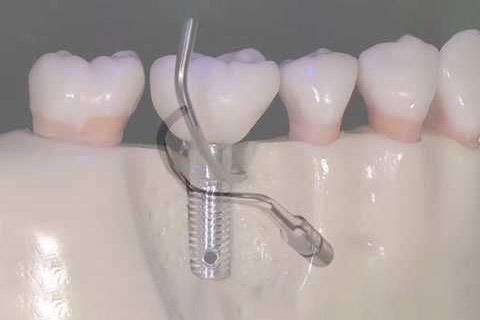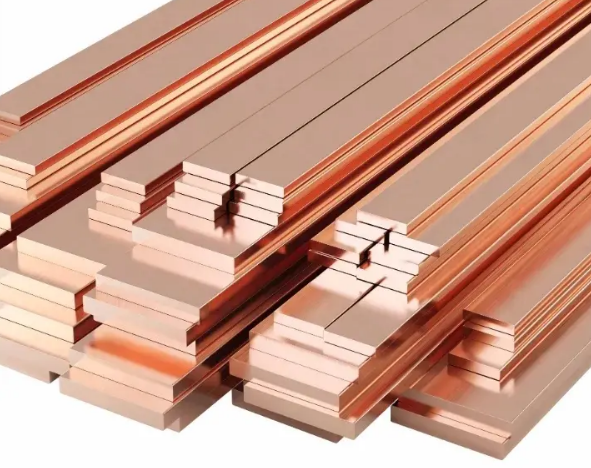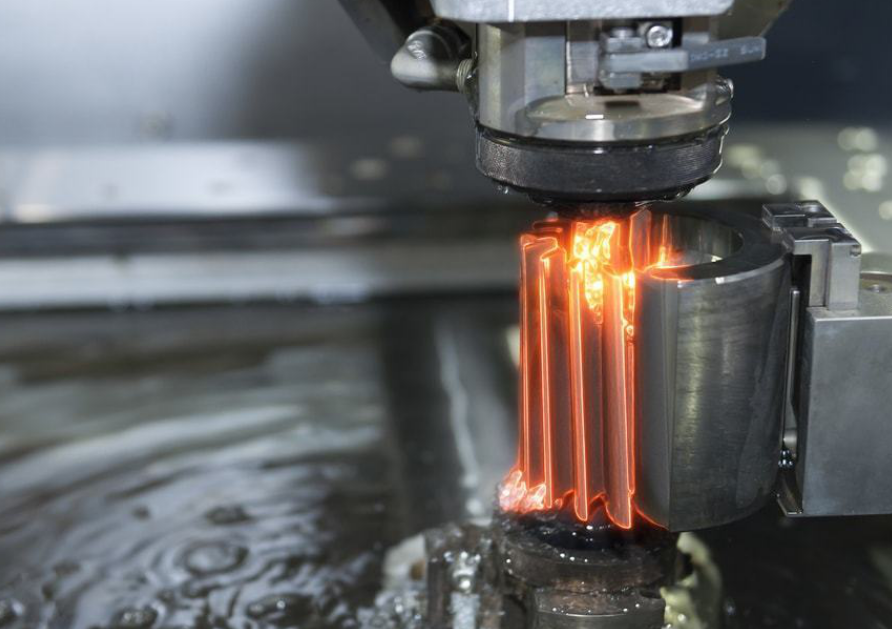The Biocompatibility of Niobium in Oral Implants
Introduction
Numerous research studies and experiments have explored the biocompatibility of niobium in oral implants. As early as 1991, comparative research on pure titanium implants and pure niobium implants in rabbit bone demonstrated that niobium implants had a significantly higher opening torque than titanium implants. This was attributed to the more irregular surface morphology of niobium. However, ongoing studies aim to reduce the precipitation of toxic metals (such as nickel and vanadium) in titanium alloys to enhance biocompatibility, lower the elastic modulus, and improve the mechanical strength of the implants.

Does Niobium Enhance the Biocompatibility of Oral Implants?
The answer is a resounding yes. Leading researchers have examined the effects of 15 commonly used biomaterials on the bioactivity of osteoblast-like cells, finding that vanadium and nickel, in both particle and ionic forms, are significantly more cytotoxic than niobium. Despite its high cost and processing expenses, niobium has shown promise in enhancing implant performance. Experiments with niobium coatings on stainless steel, cobalt-chromium, titanium, and titanium alloy implants have demonstrated improved biocompatibility and mechanical properties while reducing costs.
Related reading: What are the Applications of Niobium
Additional Benefits of Niobium in Oral Implants
Reducing the elastic modulus of metals to match bone tissue as closely as possible to minimize stress shielding is another goal of researchers. Studies have shown that adding non-toxic metal elements such as niobium, zirconium, tantalum, and molybdenum to titanium alloys can effectively reduce the elastic modulus and improve corrosion resistance.
Optimal Niobium Content for Enhanced Biocompatibility
Metal dental prostheses are widely used in dental restoration. Given the complex oral environment, improving mechanical and chemical properties, particularly corrosion resistance, is essential for prosthesis durability while maintaining biocompatibility. Research on titanium-niobium alloys with different niobium proportions has revealed the following:
- 5wt% Niobium: Significantly enhanced hardness.
- 10wt% and above Niobium: Increased yield strength and tensile strength, but reduced elongation.
- 30wt% Niobium: Better abrasion resistance while maintaining high hardness, strength, and elastic modulus.
Other Metals for Enhanced Biocompatibility in Oral Implants
Metallic biomaterials are extensively used in craniomaxillofacial surgery as substitutes for bone deformities and defects, and as scaffold materials to improve patients' quality of life. Typical metallic biomaterials include:
- Stainless Steel: Offers better ductility and cyclic torsion strength.
- Cobalt-Chromium Alloys: Provides the highest stiffness, wear resistance, and relatively high strength.
- Titanium Alloys: Known for the best biocompatibility, corrosion resistance, and specific strength (tensile strength to density ratio), though with the lowest stiffness.
Conclusion
Niobium has demonstrated significant potential in enhancing the biocompatibility and mechanical properties of oral implants. Despite its high cost, the benefits of niobium, including reduced cytotoxicity, improved hardness, strength, and corrosion resistance, make it a valuable material for dental and medical applications. Ongoing research and development in alloy formulations and coating techniques continue to optimize its use, ensuring better patient outcomes in oral and craniofacial surgeries. For more information, please visit Stanford Advanced Materials (SAM).



